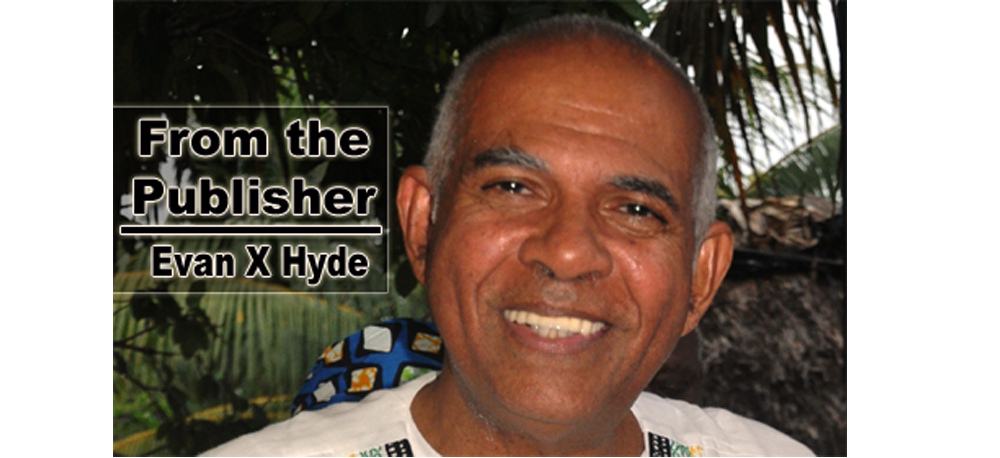Sometime in the middle 1960s, the Hon. Philip Goldson, area representative for the Albert constituency and Leader of the Opposition National Independence Party (NIP), suggested to the Belize House of Representatives that Belize (then British Honduras) establish a standing army.
At the time, Belize had a local Volunteer Guard, which was small but highly impressive in various marches, such as official funerals and on patriotic occasions. We young Belizeans enjoyed watching the Volunteer Guard march and listening to the music of their band. But, there is no record of the Volunteer Guard ever being involved in any military action of any sort.
The proposal by Mr. Goldson sounded militant, but did not attract great public discussion, as far as I can remember. In those days, there was no television in Belize, and only one government monopoly radio station, and a couple newspapers, controlled by the ruling People’s United Party (PUP) and the NIP. (House meetings were not broadcast.) I believe Mr. Goldson made his suggestion before a third newspaper, The Chamber Reporter, was set up by some local businessmen in 1967.
In 1978, the ruling PUP did organize an army, the one we know as the Belize Defence Force (BDF). The BDF was an amalgam of the Volunteer Guard and the Belize Special Forces, a group formed by the ruling PUP in 1968 which in the streets we called the “paramilitary.” (Dr. Hector Silva’s recollections of the period from Mr. Goldson’s suggestion until 1978 would be valuable.)
All that time, the British military was in effect here, and they provided a huge deterrent to any consideration of military aggression by the Guatemalans against the colony, which became self-governing in 1964. The most aggressive Guatemalan rhetoric was during the presidency of General Miguel Ydigoras Fuentes, which lasted from 1958 to 1963.
During these years back then, the Guatemalan claim to Belize was described by all and sundry outside of Guatemala as “unfounded.”
Mr. Goldson departed this life in 2001, so we cannot inquire from him the specifics of his intentions where a Belizean army was concerned. To borrow the words of Graham Allison in his Destined for War, a Belizean army would have been aspirational rather than operational, the reason being that the opposing side, the Guatemalan army, would have been perhaps forty times greater in size than Belize’s. What exactly was Mr. Goldson thinking in the mid-1960s?
What the PUP government was thinking in 1978 is itself a rather interesting question. And the reason we pass similar opinions on the Goldson suggestion and the PUP implementation is because a Goldson-inspired Belize army could not have been significantly different from the BDF. I’m just saying.
The exact nature of the relationship between the present civilian government of Guatemala and that republic’s powerful army is an important topic for us Belizeans to examine. This is a subject we can no longer ignore in Belize, because we, the resident Belizean people, have to confront the reality of the repeated Wil Maheia incidents at the Sarstoon River border, along with what we understand has been going on at the Columbia Forest Reserve and in the Chiquibul.
At the same time that these incidents, which appear to have some kind of a military component or flavor, are taking place, the relationship between the Belize government and the nominally civilian government of Guatemala remains cordial, and major trade transactions are taking place between the two countries. And, most importantly, Belize has submitted the borders between ourselves and Guatemala, borders in place since an 1859 Treaty between Guatemala and the United Kingdom, to the International Court of Justice (ICJ) for “final and complete arbitration.”
There are a couple points we would like to make in this brief essay. One, it is a matter of national shame that the murder of security guard Danny Conorquie in the Chiquibul some years ago has been totally swept under the rug. And secondly, we Belizeans are now linked to the world where communications are concerned: the issues of the Ukraine and of Gaza stare us in the face daily.
There was a time, back then in the 1960s, when we Belizeans were confident that we were about to own a country (8,867 square miles) which our ancestors had played the major role in building. Back then, we took British “backative” for granted. But we were clamoring for political independence at the same time, and when we finally achieved that independence in 1981, the British, for whom our soldiers and airmen had fought in the two twentieth-century world wars, refused to give us a defence guarantee. Yet, the following year, 1982, the same British travelled 8,000 miles to defend the Falkland Islands from Argentine military and naval aggression.
The majority of our citizens from the 1960s have migrated to the United States of America. Our Belizean situation has changed drastically since the 1960s, and our situation is up in the ICJ air. At the same time, the mighty United States holds presidential elections in three weeks. These elections have significance for Belizeans both at home and in America itself.
In the U.S., the differences between the Republican and Democratic candidates are plain to be seen. But at home, we have no clear indication of how Belize will be viewed and treated after the American elections. One thing will remain the same: Guatemala is Washington’s most important ally in Central America. Where does Belize fit in here? What does the future hold for Belize?

